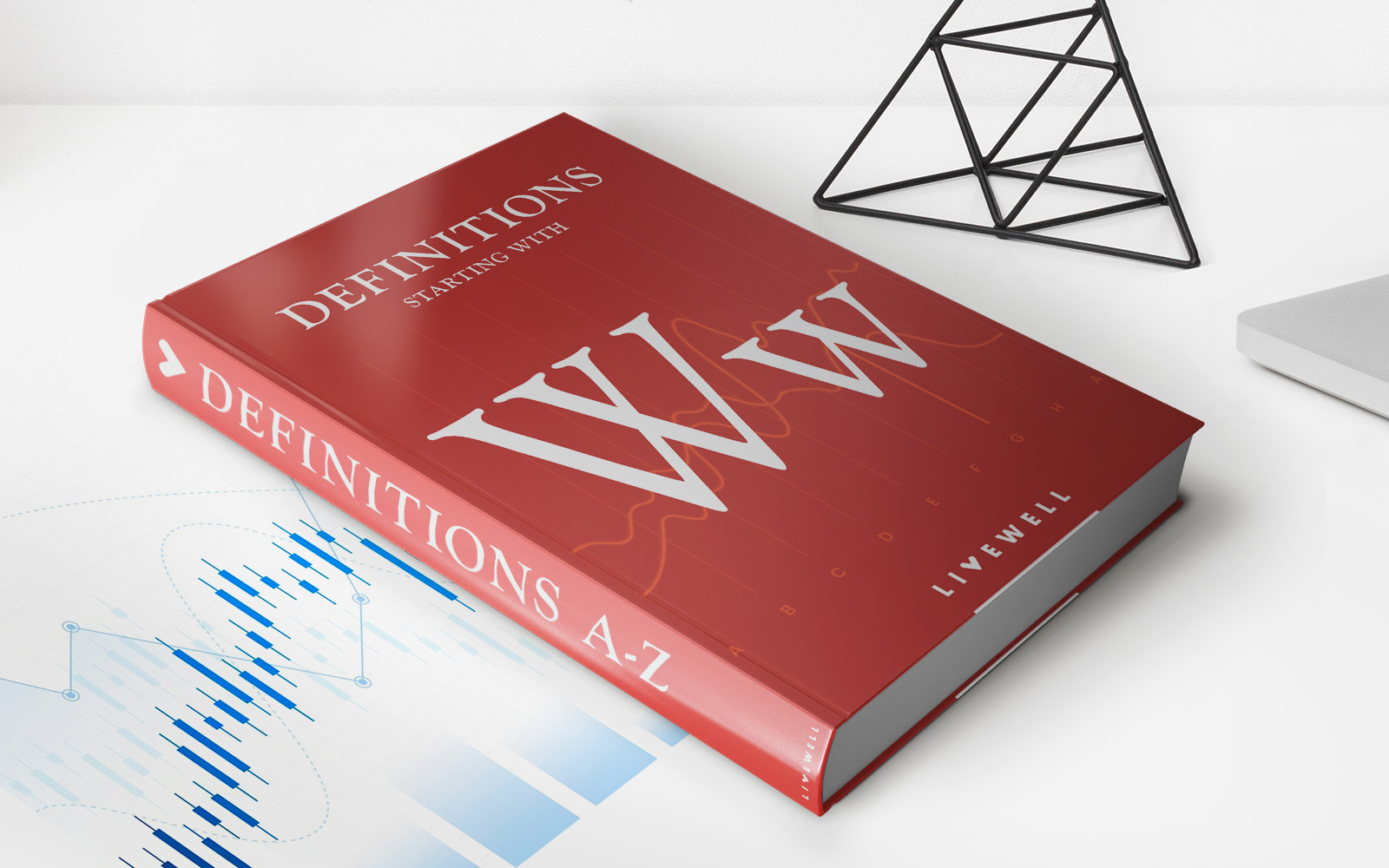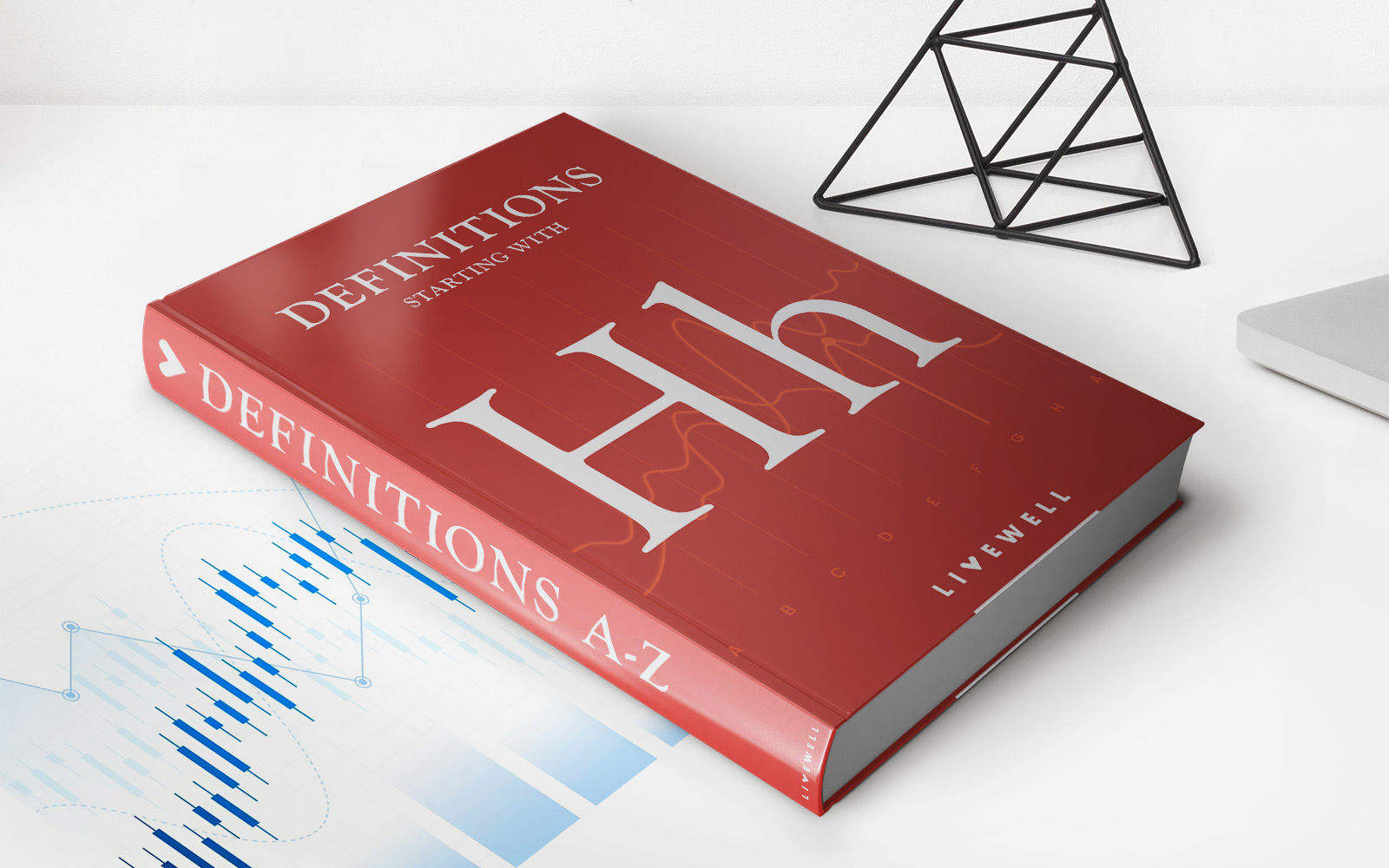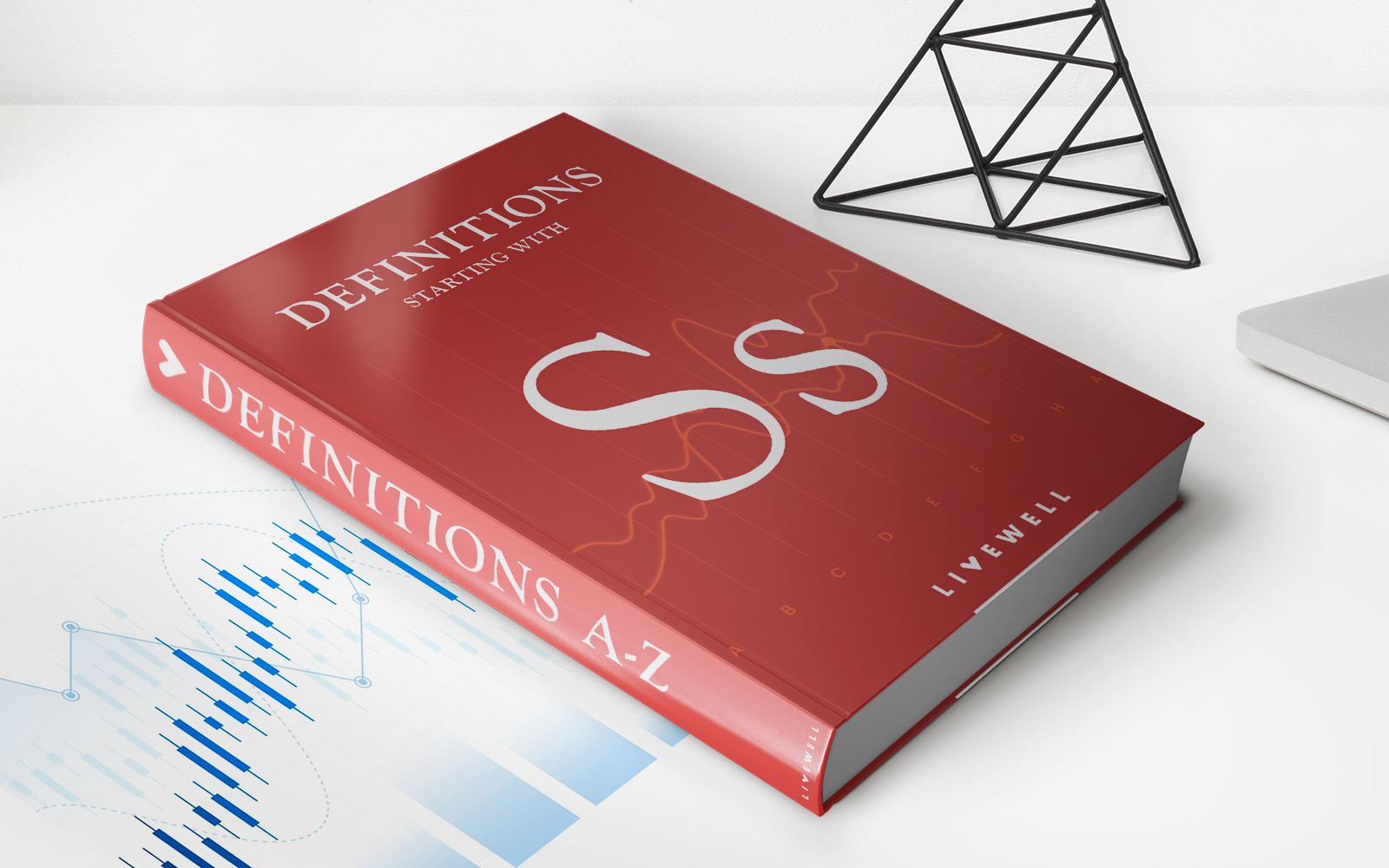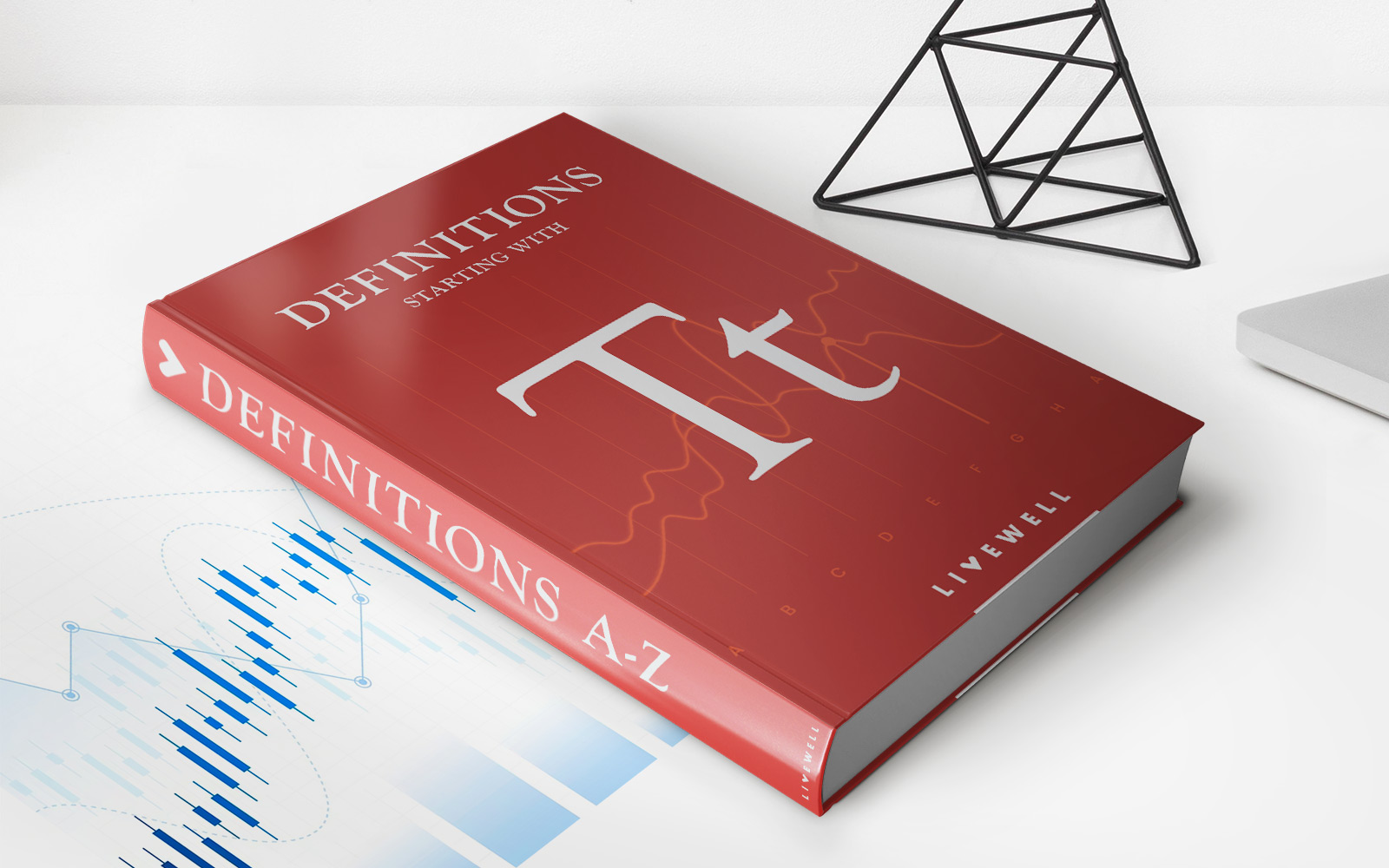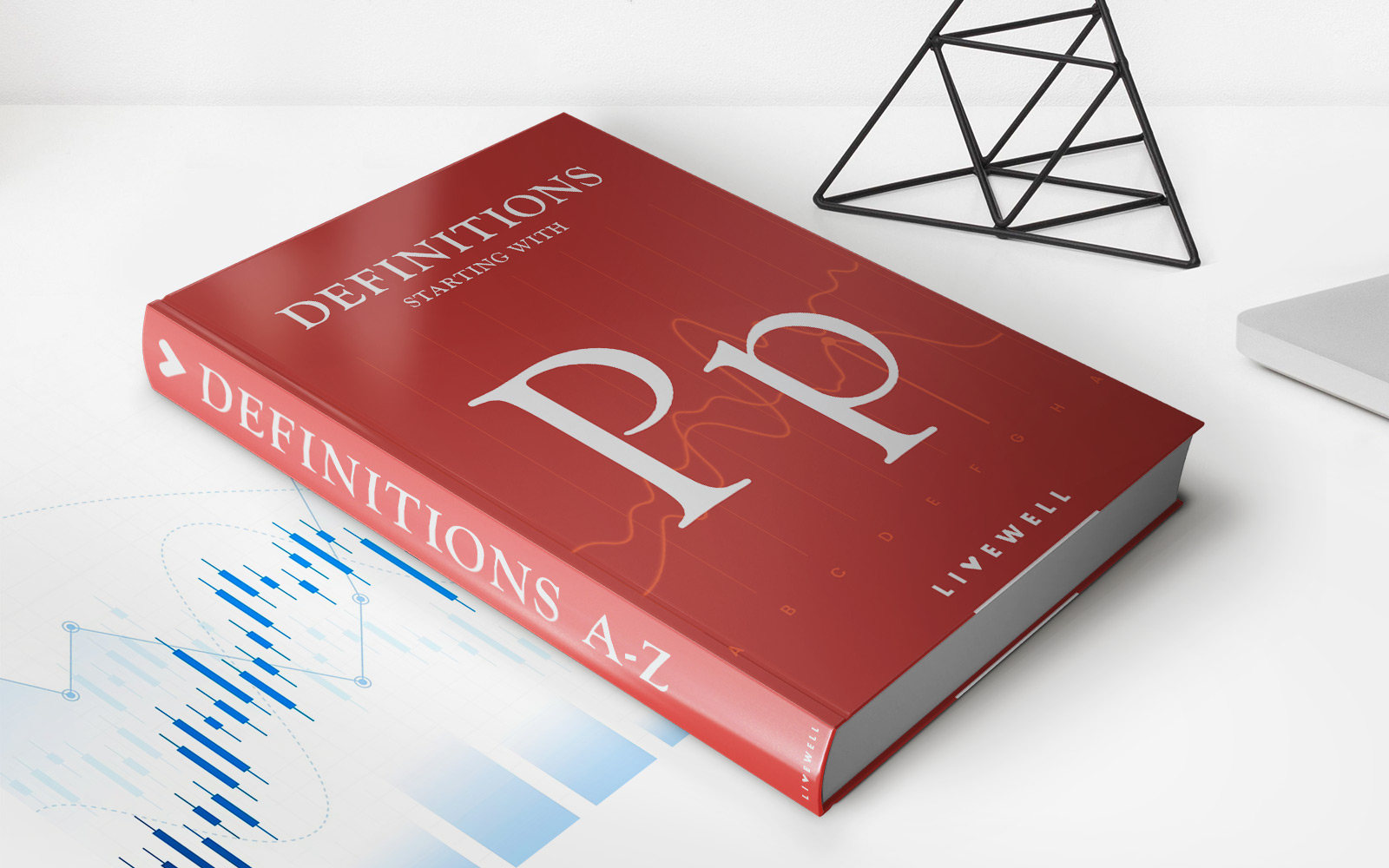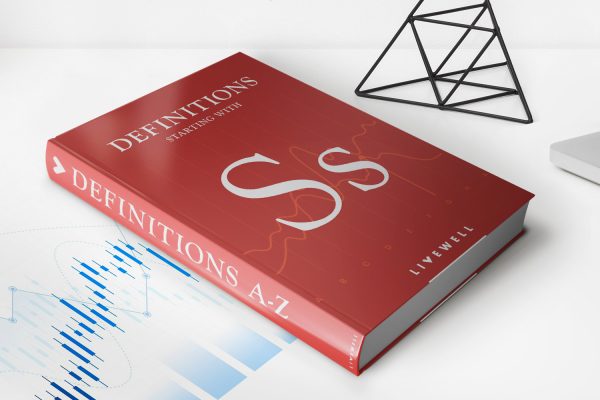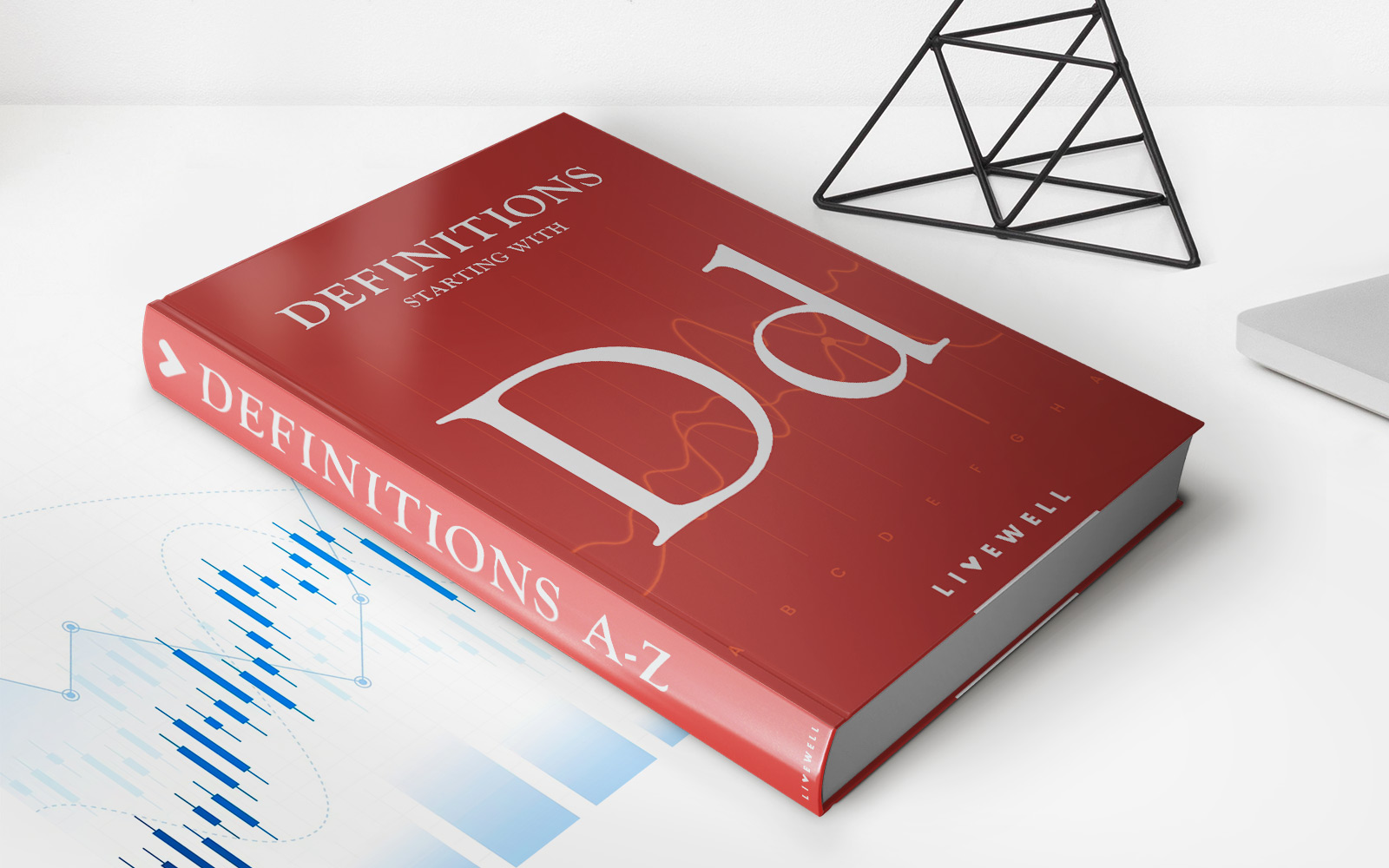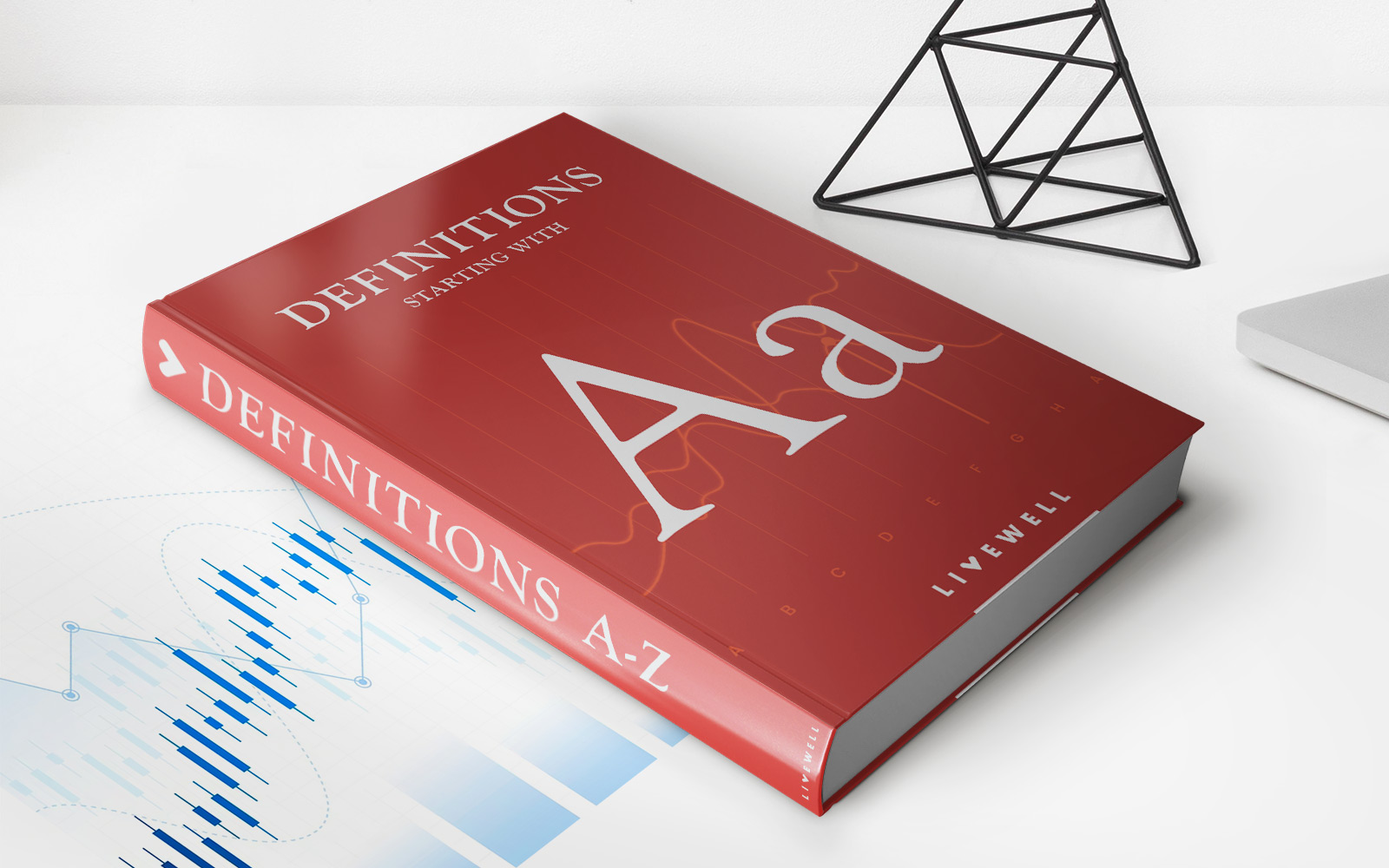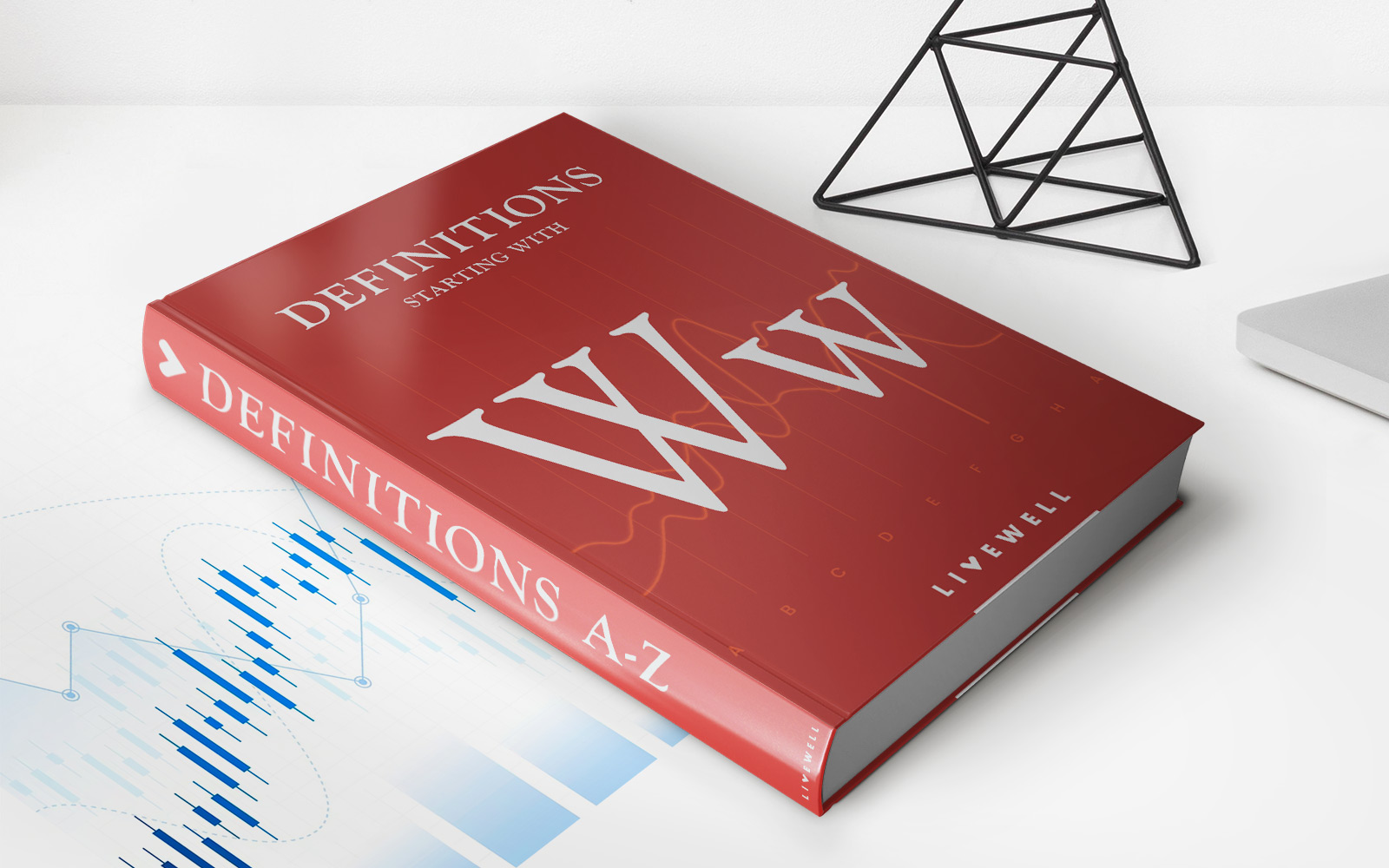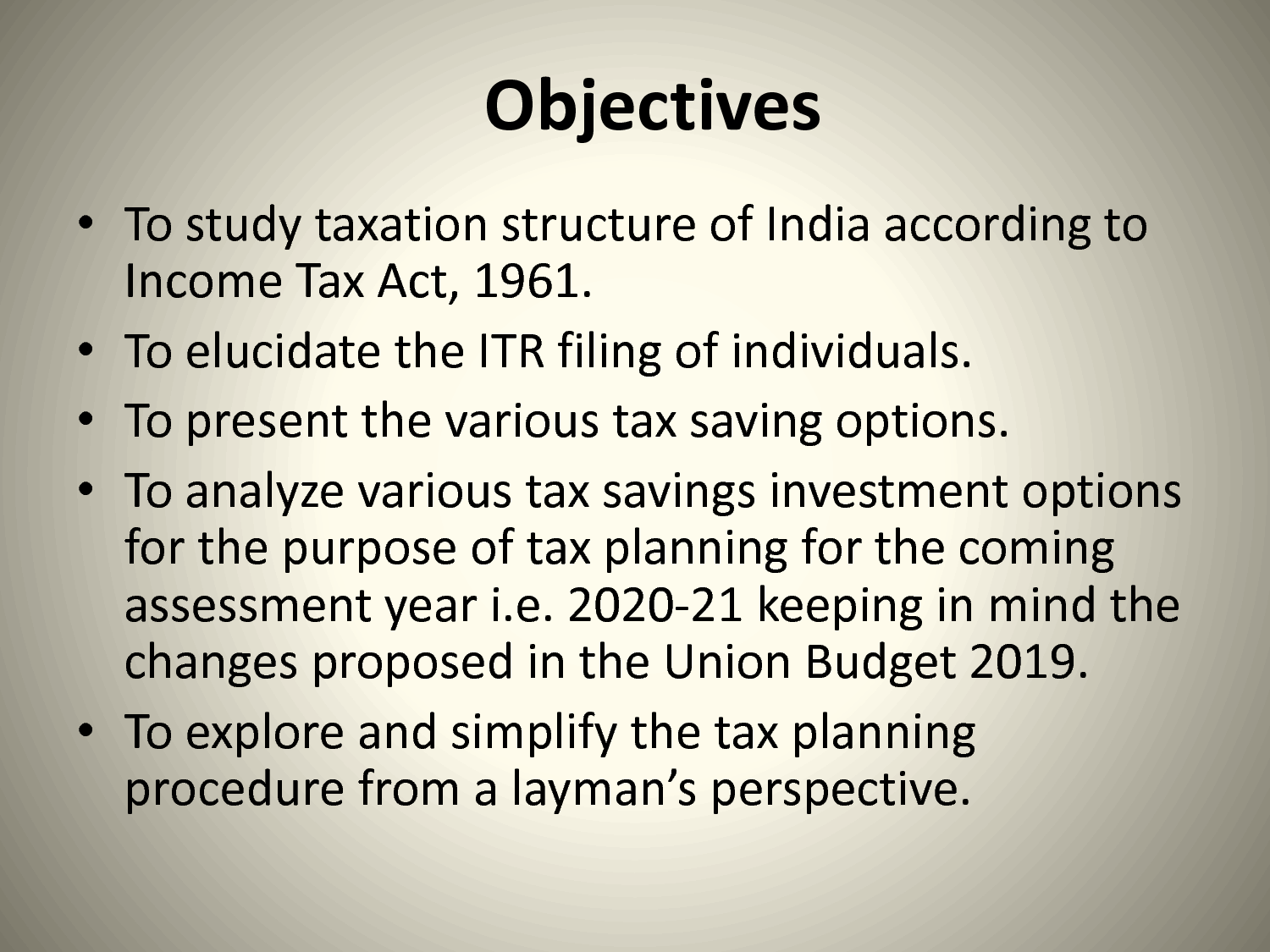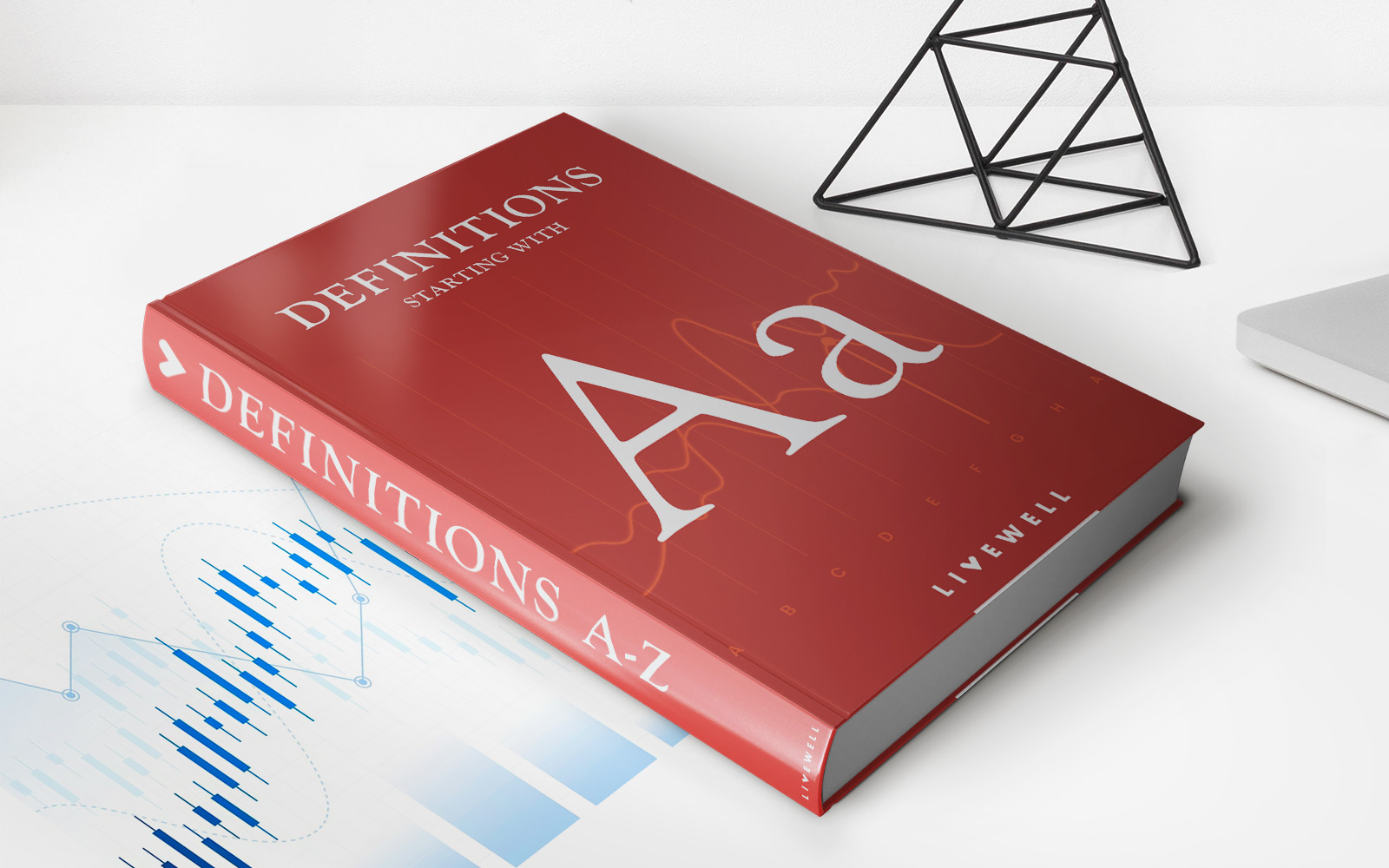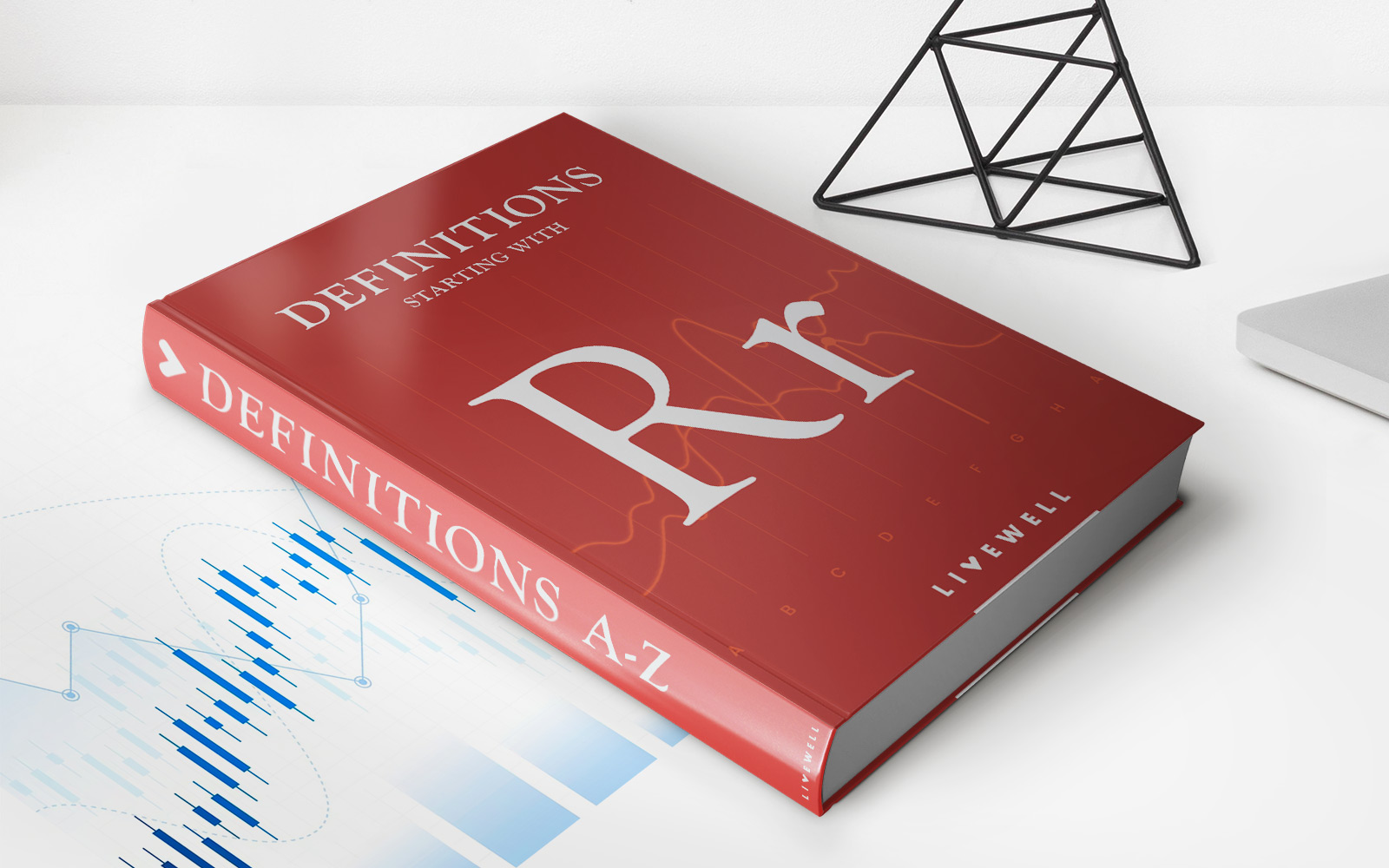Home>Finance>What Is A Use Tax? Definition As Sales Tax, Purpose, And Example
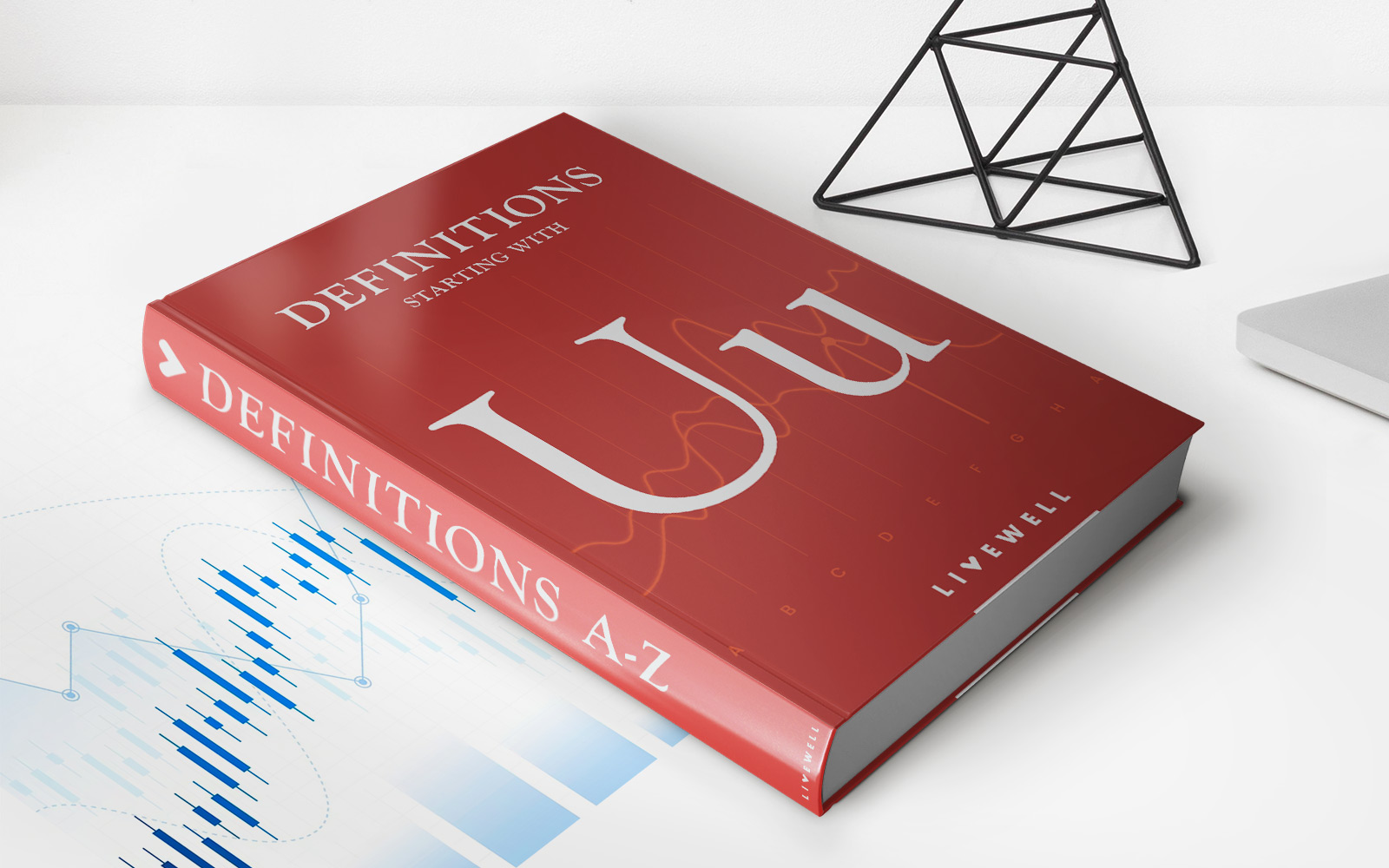

Finance
What Is A Use Tax? Definition As Sales Tax, Purpose, And Example
Published: February 14, 2024
Discover the definition, purpose, and example of a use tax, an important concept in finance. Understand how it relates to sales tax and its significance.
(Many of the links in this article redirect to a specific reviewed product. Your purchase of these products through affiliate links helps to generate commission for LiveWell, at no extra cost. Learn more)
Understanding Use Tax: Definition, Purpose, and Example
Finance can be a complex and baffling subject for many individuals and businesses alike. One common area of confusion is the difference between sales tax and use tax. So, what exactly is a use tax, and how does it differ from sales tax? In this blog post, we will dive into the definition, purpose, and provide an example of use tax to help clarify this often misunderstood concept.
Key Takeaways:
- Use tax is a type of tax imposed on the use, storage, or consumption of taxable items or services purchased where no sales tax was collected.
- While sales tax is typically collected by the seller at the point of purchase, use tax is paid directly by the consumer or business to the state in which the goods or services are used.
So, what exactly is use tax? Use tax is a type of tax imposed on the use, storage, or consumption of taxable items or services that were purchased where no sales tax was collected. It is essentially a backstop to ensure that individuals and businesses are paying taxes on goods or services that were purchased outside their home state or where the seller did not collect sales tax.
The purpose of use tax is to create a level playing field between businesses that operate solely within a state and those that operate across state lines. It helps prevent individuals and businesses from evading taxes by purchasing goods or services from out-of-state retailers or online sellers that may not charge sales tax.
Here’s an example to illustrate how use tax works:
- John resides in State A, where the sales tax rate is 8%. He purchases a $1,000 computer online from an out-of-state retailer, and the retailer does not collect sales tax.
- Since the retailer did not charge sales tax, John is required to report and pay use tax on his purchase. The use tax rate in State A is also 8%, so John owes $80 in use tax.
- John includes the $80 use tax when filing his state tax return.
It’s important to note that use tax is not limited to individuals. Businesses are also subject to use tax on taxable items or services they purchase for their operations.
In summary, use tax is a mechanism to ensure that individuals and businesses pay taxes on goods or services that were purchased where no sales tax was collected. It helps level the playing field and prevent tax evasion. So, the next time you make a purchase from an out-of-state retailer or an online seller that does not charge sales tax, be sure to check if you owe use tax!
